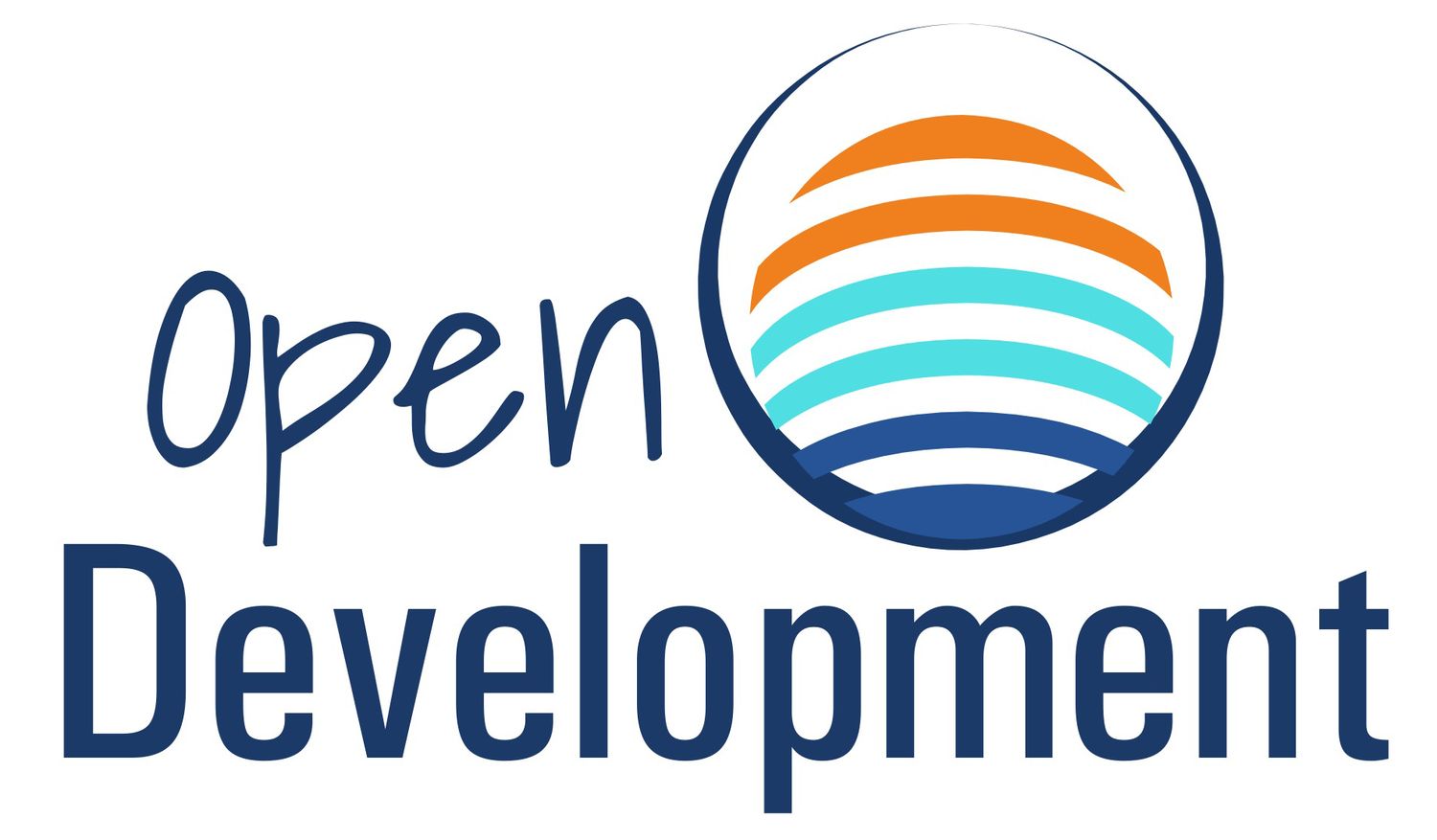Patients, Not Paperwork: Namibia Launches Human Resources Digital Management Platform
How many public sector health care workers do we have in our country? What level of training do they have? Where are they located? How much are they paid?
These are some of the questions the Namibian Ministry of Health and Social Services needed to answer in a matter of days when the COVID-19 pandemic broke out in 2020. But, with a paper-based human resources management system, the critical information they needed was buried in files scattered in offices across the country. Urgent decisions on emergency deployment, training, and resource allocations slowed to a snail’s pace and were hampered by best-guess calculations.
Fast forward to November 1, 2022. The Ministry of Health and Social Services launched the Integrated Human Resources Information System. The initiative was made possible by support from the Meeting Targets and Maintaining Epidemic Control (EpiC) project in Namibia, implemented by Open Development and funded by the United States Agency for International Development (USAID) and U.S. President’s Emergency Plan for AIDS Relief (PEPFAR). Known as iHRIS (pronounced “iris”), the state-of-the-art digital platform is a game changer for health and care workforce management in Namibia.
The launch of iHRIS instantly modernized human resource management, putting basic operations such as leave balance calculations, payroll verification, and staff movement at the fingertips of local and national ministry managers. To demonstrate some of iHRIS’ promising efficiencies, Letisia Haidula was hired on the spot as part of the launch celebrations.
At Windhoek Central Hospital, Chief Human Resource Practitioner Rosetta R. Podeweltz referred to the hospital’s file-stuffed archive where she has typically spent valuable time hunting for and retrieving staff information. She said, “iHRIS will enable us to serve our staff quickly so they can return to their patients. The current manual system takes [them] away from patients, and they don’t like this.”
Work efficiencies are not the only benefit of iHRIS. “You plan better when you can get the data you need easily,” explains Jeramia Nghipundjwa, Deputy Executive Director of the Department of Policy Development and Resource Management. In addition, iHRIS “will ensure that the HR team is accountable for and owns the data,” says Anna Issacs, Deputy Director of Human Resource Management, “and, most importantly, we can trust the information because it will be validated.”
Reliable, accurate, real-time data enables evidence-based decision-making—a national and global priority. To put iHRIS-generated health workforce data literally in the hands of health managers and decision-makers, EpiC Namibia also published the first annual Health Care Workers Status Report, distributed at the launch event. To be produced at the end of each calendar year, the status report will allow ongoing analysis of public and externally funded health workforce information aiding decision-makers to identify gaps, equitably distribute human resources, and enhance the country’s efforts to achieve Universal Health Coverage.
The secure, open-source platform is now fully operational in the Ministry of Health and Social Services and, with ongoing support from Open Development staff embedded in the ministry as part of the EpiC project, can be customized to suit the evolving needs and circumstances of operations. It may even have potential as a system that can be scaled to other ministries.
Victor Kaulinge, Director of Human Resource Planning and Development in the Office of the Prime Minister (OPM) (OPM), spoke on behalf of OPM Executive Director I-Ben Nashandi at the celebratory launch: “The Ministry [of Health] should be ready to share its new found expertise and new skills further with other OMAs/RCs [offices, ministries, agencies, and regional councils].”
Managing COVID-19 and Namibia’s HIV epidemic are ongoing realities that strain health and care workers across the country. iHRIS is a giant step forward in providing the health workforce the support they need to respond to the current crises and be ready for the next one.
“I have been working in the public sector for a long time, and I dare say that, in my view, iHRIS might just turn out to be one of the best business processes initiatives in the Namibian public service.”
BEN NANGOMBE, EXECUTIVE DIRECTOR, NAMIBIA MINISTRY OF HEALTH AND SOCIAL SERVICE

